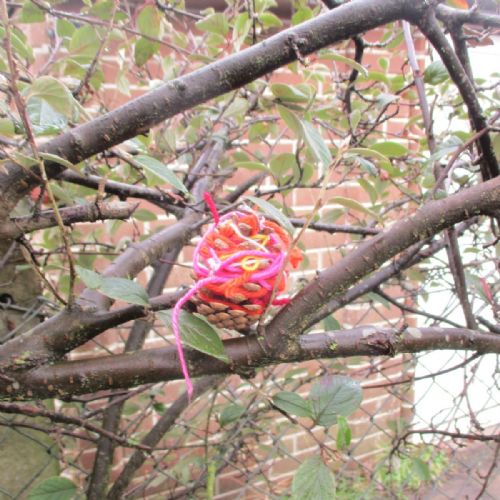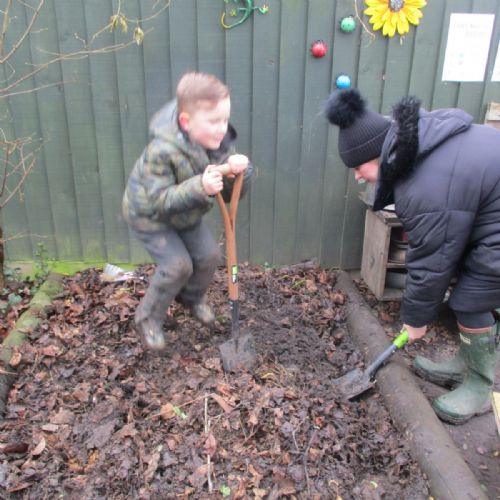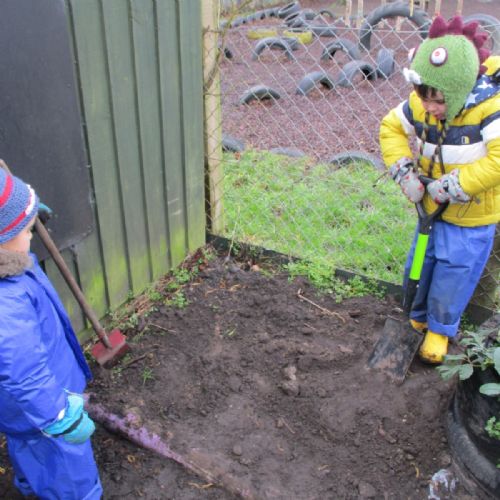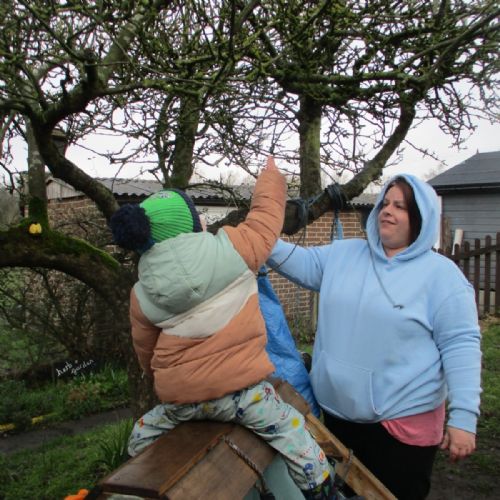News around our schools
BORDERS
Ms Danks has continued to develop our SEMH provision at Glebelands using ‘The Talking Tree’.
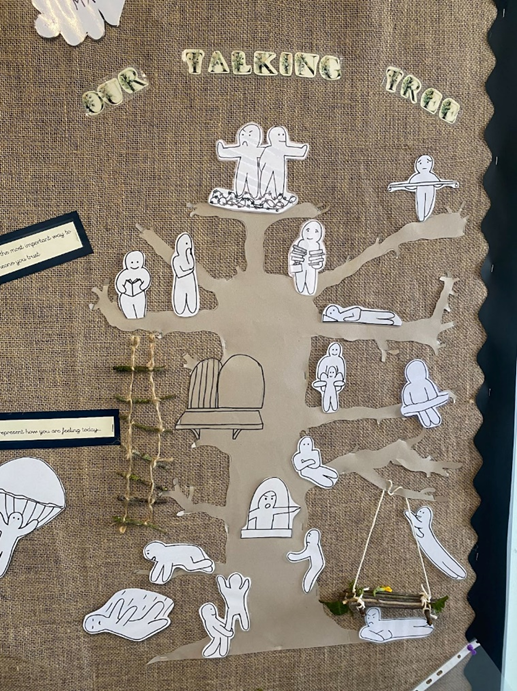
Pupils identify how they are feeling using the blobs and represent them on the tree. It is building emotional understanding and providing time to talk with pupils about feelings: great and small.
Early this term we saw the opening of the new school library at Glebeland Primary School. The library has moved from a cramped corridor space where books were not clearly displayed to a room dedicated to reading.
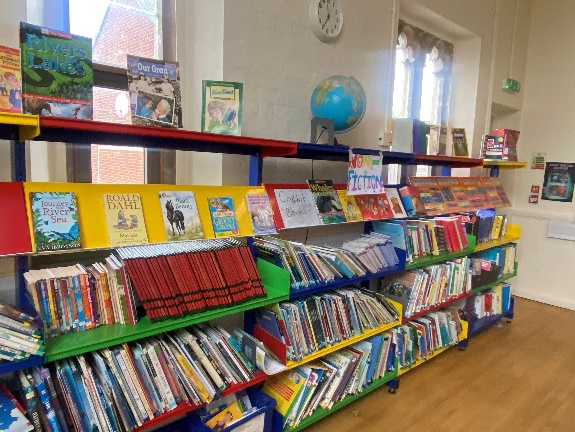
The new space means that groups and classes of children can work in the library to research and develop their love of reading. Each class has a time where they visit and use the space once a week and they are always welcome to use it more.
We have a group of librarians who are in charge of maintaining the upkeep of the library space and who regularly inform staff of pupil voice and the ways that others feel our library could still improve.
We are currently looking at fundraising ideas to raise money for some comfortable furnishings.
We would all like to thank Marc for the time that he spent moving our library - it looks great and we are all really pleased with this new space.
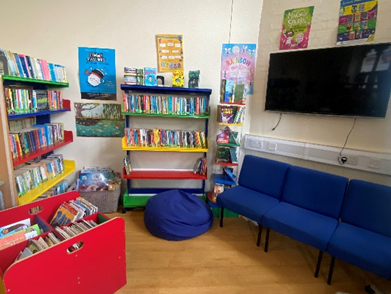
Barnby North Cove
In assembly on Wednesday, Our Pupil Parliament told our pupils that they wanted to support Red Nose Day by holding a non uniform day. Amelia had used her own initiative to create a PowerPoint at home to share with the school via our new interactive whiteboard in the hall. She had made 7 slides so that each member had a part to read. Everybody was asked to wear as much red as possible, a plan of the day was explained and also some history about Comic and Sports Relief.
On Friday the children enjoyed playing a fish game where everybody won a knitted fish, very kindly made by Miss Williams’s mum, and they also took part in red nose and spoon races all organised predominantly by Pupil Parliament. Thank you to Lily G and her friends for making and selling loom band rings and bracelets to raise a little extra money.
Pupil Parliament have counted the money and are delighted to tell you that £106.76 has been raised! Thank you to all who supported a very worthwhile cause.
Variation Theory
“The central idea of teaching with variation is to highlight the essential features of the concepts through varying the non-essential features.” Gu, Huang & Marton, 2004
This week at Borders, we completed CPD on Variation Theory as part of our continued look at the 5 principles of Maths Mastery. Last year, our staff focussed on representation and how we use representations in whole class inputs to support our learners. Variation is a common tool in many teachers' classrooms and is often used across subjects. In Maths, we are looking to make a more purposeful use of variation within our practice.
Variation encourages conceptual understanding and asks children to engage and critique their understanding of what a concept means to them. Often, this is achieved by teachers varying different parts of a question and demonstrating something that doesn't fit within the boundaries of our understanding of such a concept.
A good allegorical example is the question, what is an elephant? Our understanding of an elephant is very simple to visualise and perhaps even communicate. However, explaining an elephant can be difficult and often lead to misconceptions. This is common in our explanation of mathematical concepts. The picture below demonstrates how this miscommunication can happen.
The role of the teacher is to use variation to explicitly demonstrate and explain what is and isn't part of the concepts that fall within our curriculum. This is called positive and negative variation. For example:
During previous CPD sessions as a staff, we have discussed building models of memory. Variation continues to help demonstrate the importance of our involvement in supporting children to construct efficient models with clarity. It is very easy to see how without a variation of examples it is easy to let misconceptions become the norm.
During the Summer term, we are hoping to put into practice our learning on variation theory and will be fine tuning it as a staff team, seeing how best it is deployed across our schools.
Reading for Pleasure
Reading is our most valuable tool for accessing the curriculum and accelerating learning. Letters and Sounds and Read Write Inc. feature heavily at our school in EYFS and KS1 and we have worked collaboratively to develop our whole class reading practices with positive outcomes.
My aim as a class teacher has always been to nurture a love of reading alongside the curriculum requirements. In my EYFS classroom books and stories were the foundations for developing the children’s next steps following their interests. This continues into KS1. I was recently approached by a grandma on the playground one morning who wondered if I knew how worms moved - they don’t have legs. Their grandchild (a pupil in my class) had asked her when they had found a worm and she was unsure what to say. My usual response is have you read…? I gave them a copy of Yucky Worms by Vivian French a couple of days later for them to explore the answer themselves. It is a story book about a grandma and their grandchild and the importance of having worms in grandma’s garden for her flowers to grow. It includes a story but with facts and illustrations to support everything you need to know about worms. Did you know they have five pairs of hearts?
I recently took part in https://ourfp.org/ Reading for Pleasure free online course. You can pause and return to the learning to suit your own CPD availability and you receive a certificate at the end but you are also able to access research and practices to further develop your classroom practice. My biggest take away from the course has been to not run and hide the books that children share about their favourite television show character. Spider-Man and Disney princesses have a place in our class libraries. They began as comics and traditional tales after all. It is a way into a book by finding something familiar. Our role is to encourage our children to widen their ‘go to’ books and nurture a love for storytelling and reading for enjoyment.
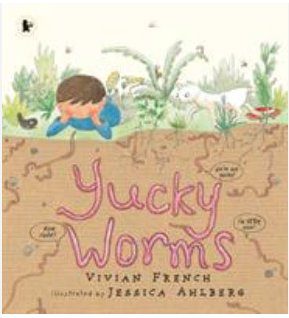
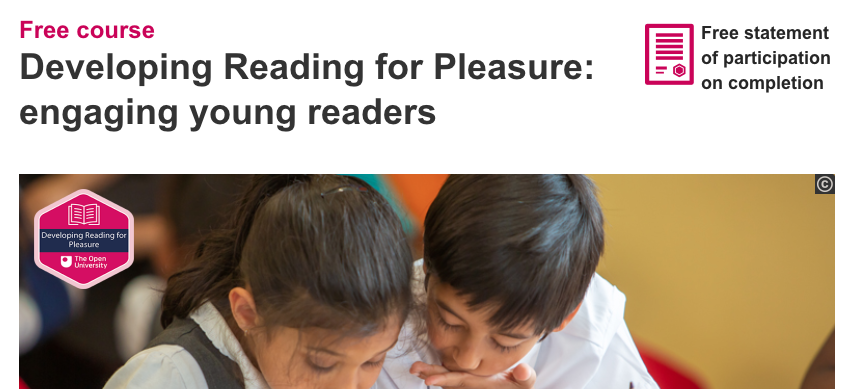
Wildlife and Gardening Club
Over this term we have launched an enthusiastic gardening team as part of our gardening and wildlife club. The School garden enrichment uses typical gardening tasks, such as planning, planting, caring and harvesting, to illustrate cultivation. Plants, insects, birds and weather all become participants in the learning process. As a result, children are more engaged, more attentive and more motivated to learn.
The benefits of having a school garden:
- School gardens help children learn
-
Gardening together strengthens ties between school and community
-
Getting their hands dirty helps connect children with nature
-
Working in the school garden helps children stay active
-
Encourages children to take risks, be resourceful and work collaboratively
Our school curriculum empowers and teaches our children to be responsible citizens and this threads through creating a garden space that is welcoming and there to enjoy for everyone. We are currently emptying our school compost bins to use on our gardens and filling buckets to create a wigwam space. We are going to speak with pupil parliament soon to ask them to campaign for the compost bins to be used more widely across the school for compostable items including tea bags, fruit cores ect.
greenfields
Greenfields Hub welcomes Tiny the Tortoise!
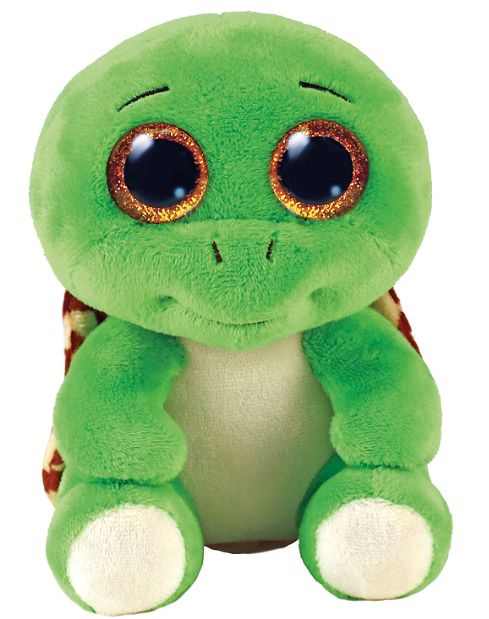
At the last Maths Leads meeting we were talking about parental engagement. Sally from WVP shared her Maths Monkey with us. Maths Monkey goes home with the children to encourage maths at home. We decided to have a Tiny the Tortoise (from Amazon as it is cheaper than the WR tortoise!) and we are hoping to start a photo album of what he gets up to at home with the children.
kirkley nursery & early years centre of excellence
Kirkley Nursery have lots to celebrate this term, In January we had our first Ofsted inspection and are all very proud of our outcome of GOOD. The staff worked together as a strong team and showcased a typical day at Kirkley Nursery. The report is now available on the Ofsted website.
https://files.ofsted.gov.uk/v1/file/50208876
Our outdoor provision has also recently been transformed with new turf laid. Here are some before and after pictures. We are looking forward to enjoying the grass soon and the only mud left to be explored being in our mud kitchen area.
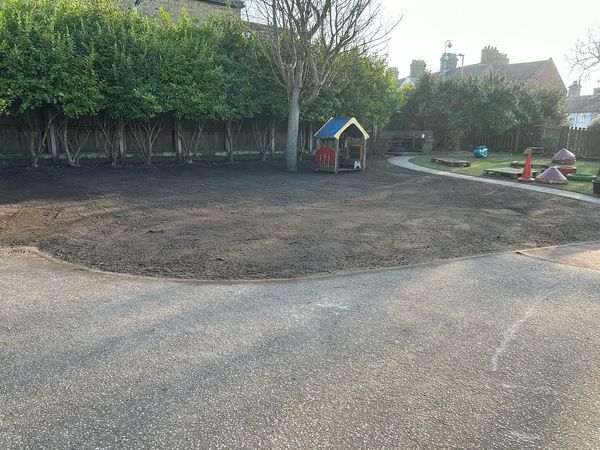
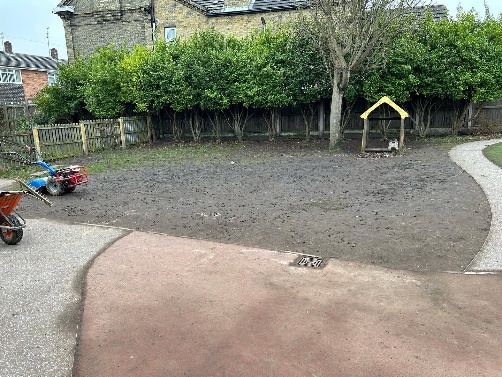
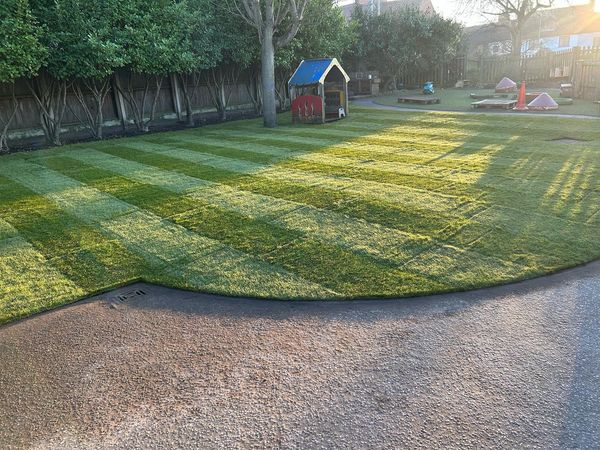
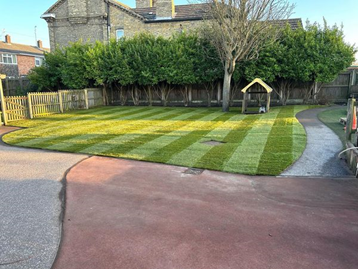
THE LINK
Our topic ‘How does your garden grow?’ has been inspirational. The children have designed and made their own planters. The process has been very thorough and enjoyable.
We have started to dig over our allotment patch and have planted potatoes, peas, peppers, tomatoes and cucumbers.
We have started to talk more in depth about scenarios we might encounter and how this might make us feel and act. With the adults' support and discussions within the group we have begun to identify triggers and what we might be able to do.
Our daily challenges continue to challenge both mentally and physically. We are looking at different perceptions of things. This has given us lots of situations to relate back to our school settings.
Cooking continues to be a passion at the link for both groups. Pancake art this year was a particular high point, we made spongebob, stitch and medals to name a few
.
The Castles and Knights topic has proven to be a massive hit with our younger group. We have learnt many skills through this topic. We have planned and designed our own castles, looking at key features that they must have. We made our own knights' horses and had jousting battles. We designed our own boats that William the conqueror may have used to cross the channel. We looked at various materials that would work best in water.
RENDLESHAM
Environment News from Rendlesham
We have been given a great opportunity this year by Orchards for Schools, we successfully applied and were given five fruit trees. We have placed them around the school in order to promote our children’s understanding of looking after our local environment and also promoting healthy eating when the trees mature and bear fruit. There will be groups of children that will be asked to water and look after the trees
over each term.
It also looks like we have interest in our camera bird box from blue tits for the second year in a row. There are other bird boxes near our pond area that are also being used by other blue tits and we hope to increase the number of bird boxes and feeders that are up and around the school this year.
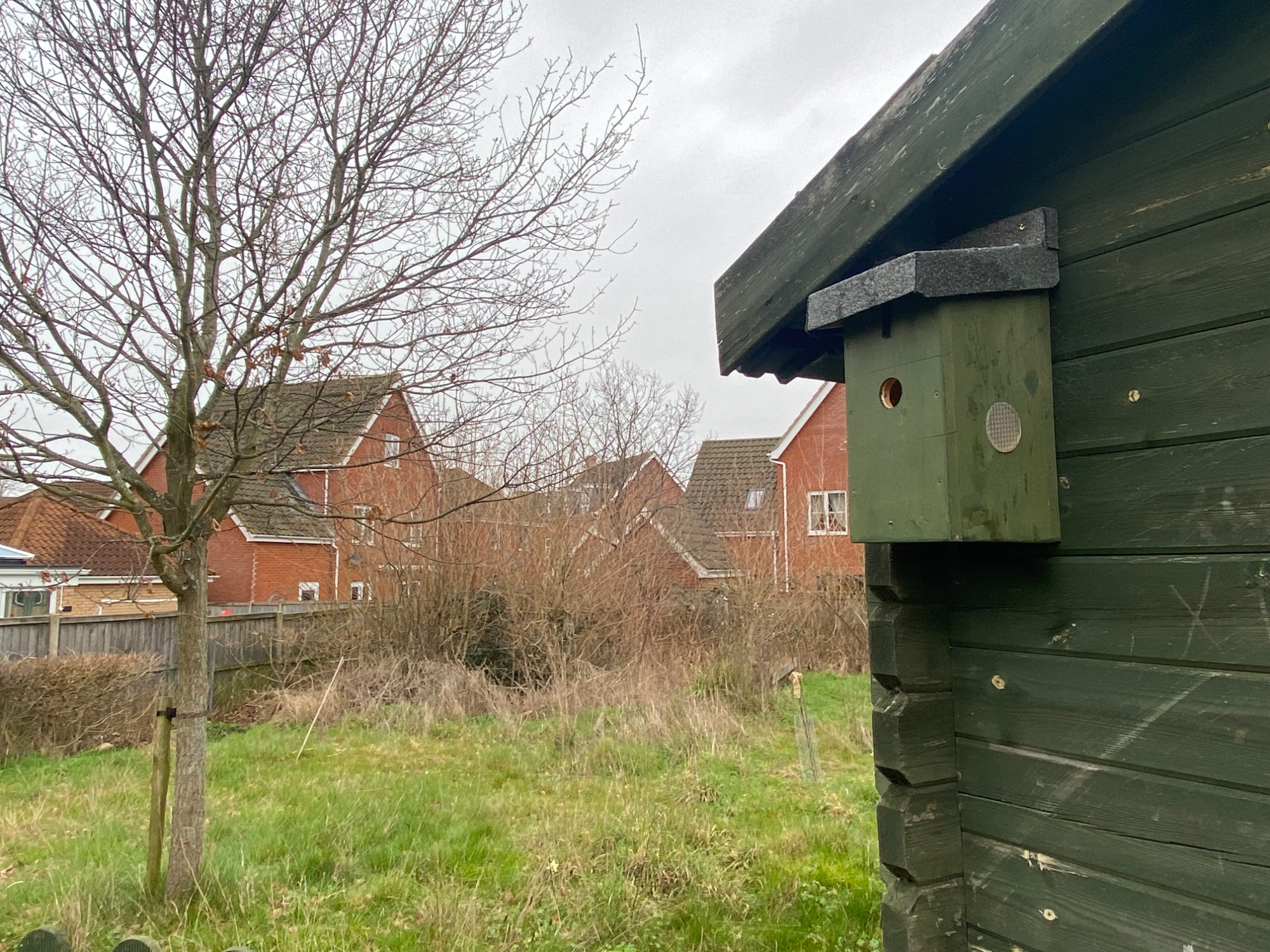
World Book Day
Here at Rendlesham Primary School we have been celebrating World Book Day! As part of the day we had a whole school competition to see who could be the most imaginative and creative class. Each class was tasked with decorating their classroom door based on one of their favourite stories. In the run up to the big day votes were taken and each class decided on a book. Well done to our Reception class who were judged as the winners of this competition by our prestigious judges. They decorated their door all around ‘The Magic Porridge Pot’ and even had real porridge on their door! Reception children are patiently awaiting their prize – a special story time with Mr Roper and Mr Miles!
The whole school got involved on World Book Day, even the staff. The staff had a theme which the children needed to guess. We had teachers dressed up as evil witches, bad burglars, corrupt sheriffs and even Mr Wormwood from Matilda. The children guessed the theme – villains! We finished our World Book Day off with the school filled with parents reading with their children. A lovely day was had by all.
WAVENEY VALLEY
At Waveney Valley Partnership, we have started the process of implementing our new writing programme which is called ‘The Write Stuff’. This programme teaches writing in an entirely different process to how we are all use to. We work on double page spreads and have a thinking side and writing side. On the thinking side we create six word/phrase banks for each plot point. A plot point is a paragraph of a story. The word/phrase banks each have a different focus which could be, similes or alliteration to fronted adverbials or using onomatopoeia correctly. These word/phrase banks then help us to really focus on creating excellent and exciting sentences. An example of a sentence created by a Year 4.
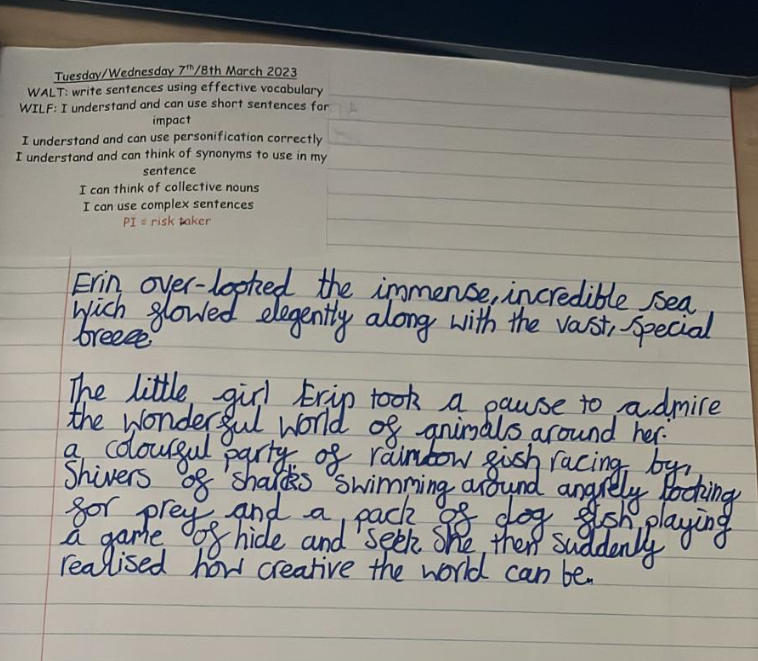
We use the writing rainbow to plan our independent write, and focus on giving the central characters a range of highs and lows as we plot our own route through our narrative map. I cannot wait to see my classes’ first attempt at a ‘Write stuff’ independent story.
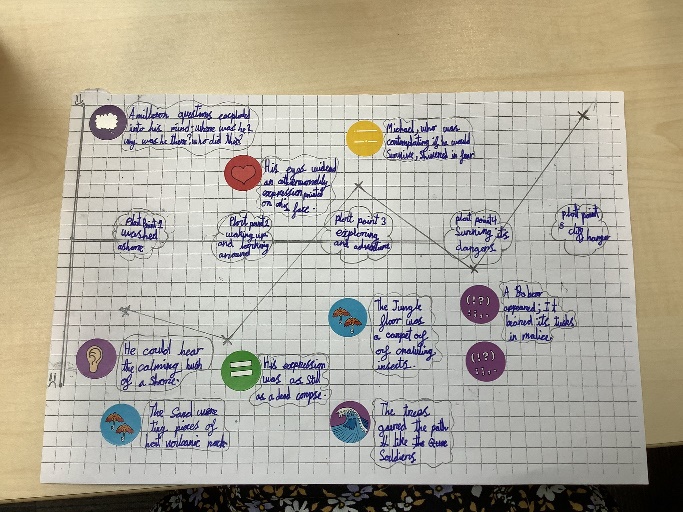
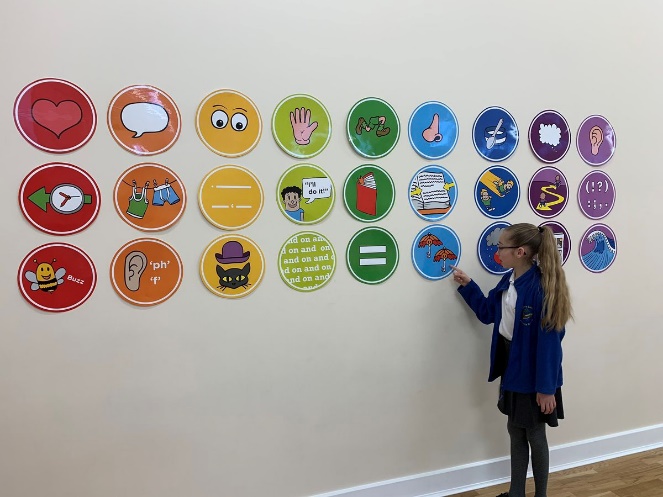
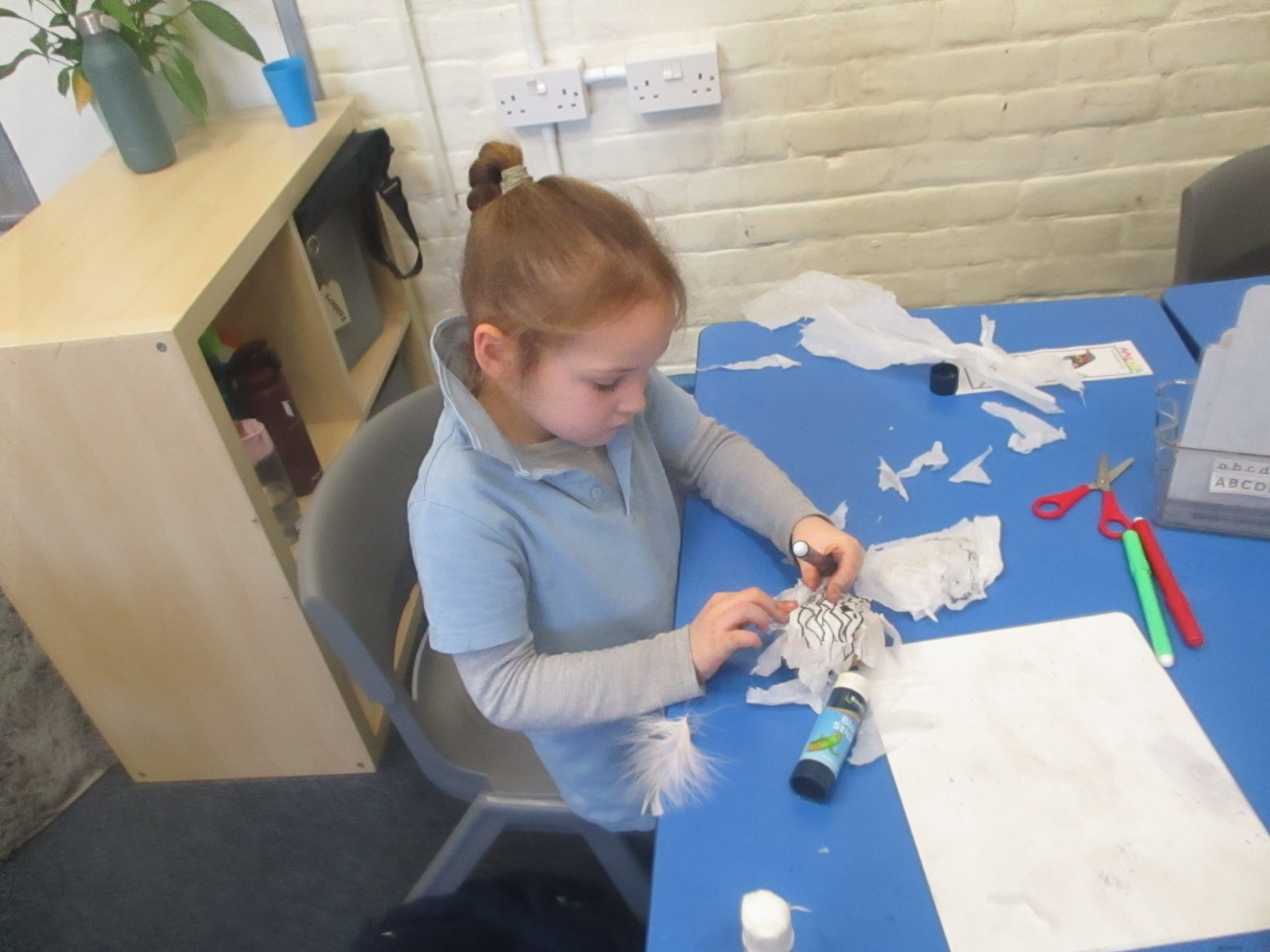
Seedlings
Stem ESC
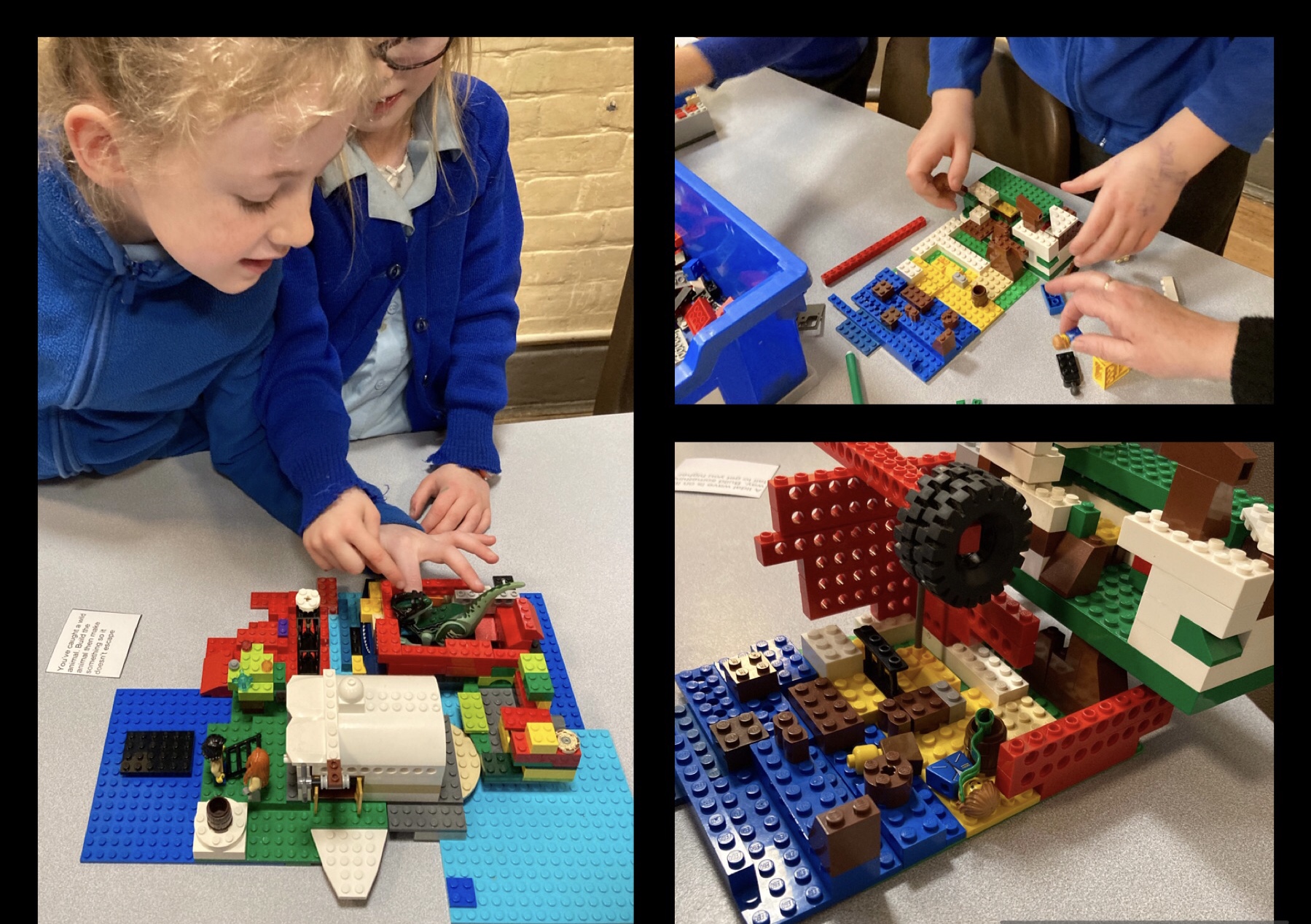
World Book Day
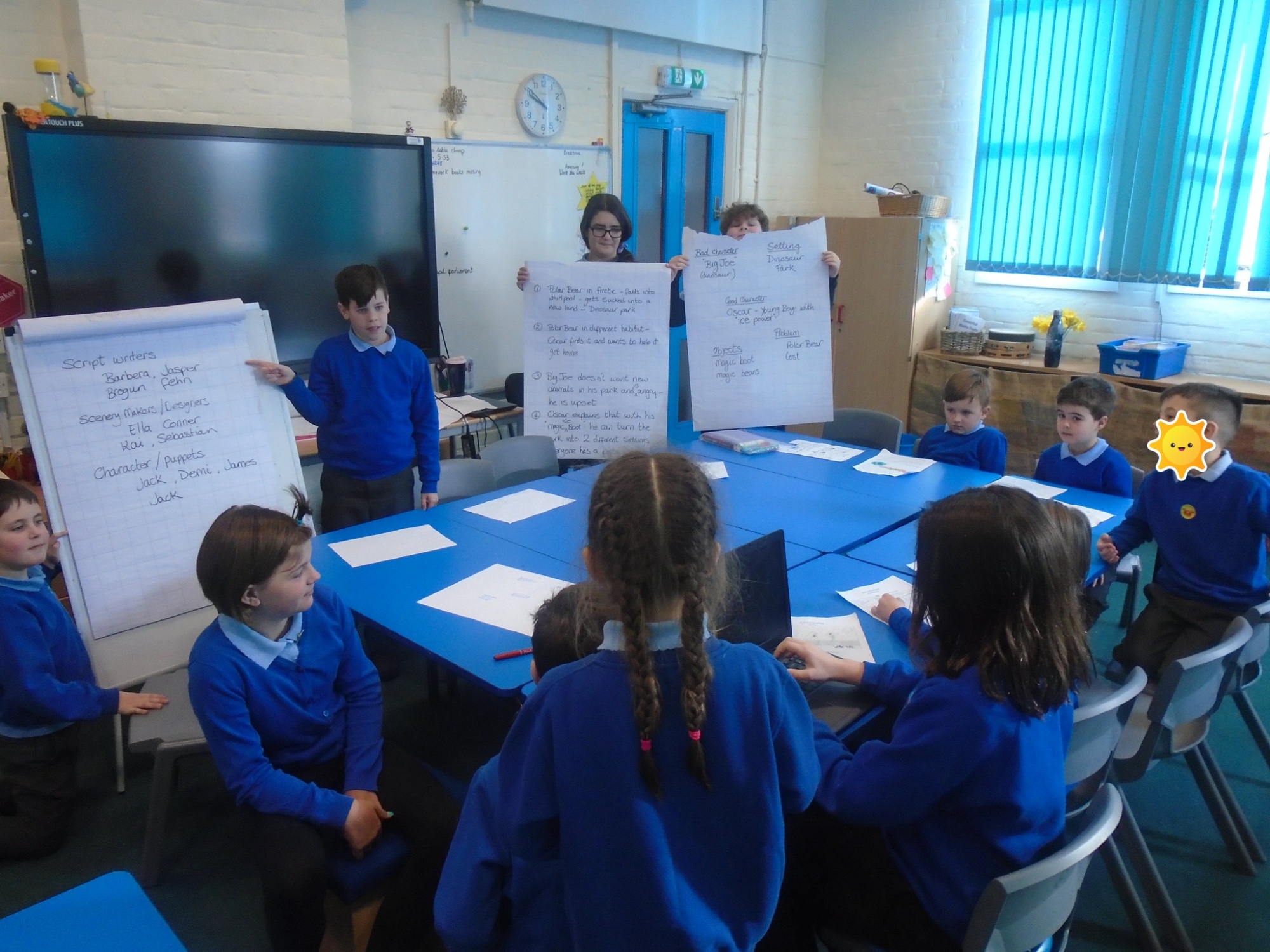
Sycamore
Sycamore class had a fabulous day getting into the roles of being explorers! Their day began realising that the plane they had travelled on had crashed into the rainforest and they were stranded and needed to survive. First of all, they needed to contend with 'crossing the swamp' together, collecting any items of equipment that might be useful for building a shelter on the other side. They used the equipment to build shelters to protect themselves from the brutal storm that was incoming. To keep their energy levels up, they built a fire and made sweet flatbread! Unfortunately, their camp and the forest were to be destroyed by business developers, which meant in the afternoon the children had to research the effects of human impact on our environments. They created banners and signs to put up around their camps and gave great arguments! The day was filled with collaboration, team building, imagination and creativity, resourcefulness, determination and resilience and enjoyment! We look forward to the children's independent pieces of writing that will follow! Many thanks to Mrs Newton for her help throughout the day.
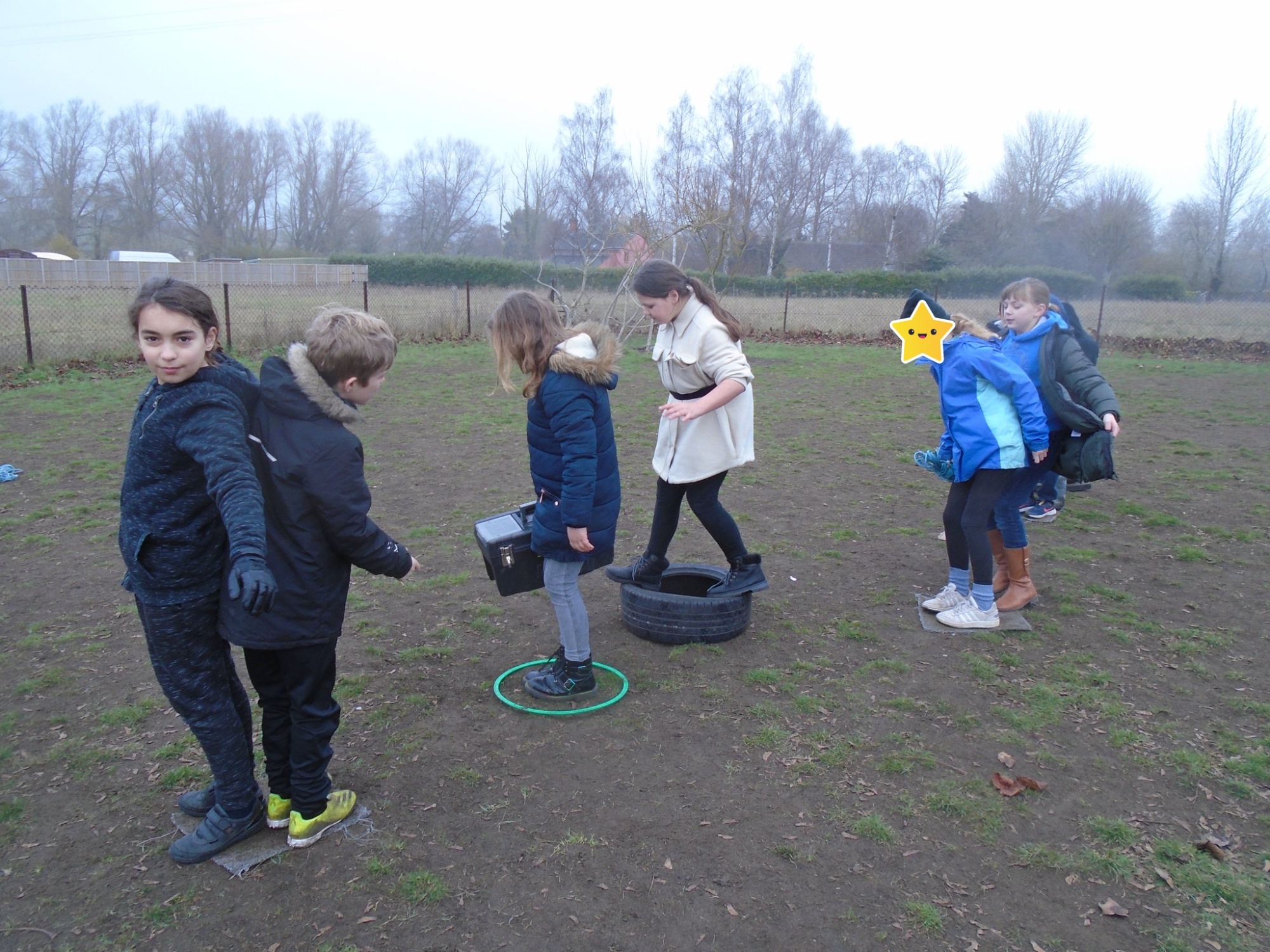
YOX VALLEY
Yox Valley Staff are bringing change:
After losing their head of many years it is understandable that staff would feel anxious about what the future of the Yox Valley Schools holds.
It has been clear from the first PD Day that the teams are incredibly positive and enthusiastic about embracing new opportunities and this has been evident in the amazing immersive displays created in all 3 sites. It was wonderful to see staff pull together, enjoying themselves as they set off to create biomes and backdrops for the children’s learning. How wonderful to learn that one site, without direction, has already begun the same process for the next term and have a plan already to put into action when our settings begin their Britain themed learning. Not only have staff embraced change they have enabled change themselves.
Living near the university I am regularly reminded of Mahatma Gandhi’s words: “Be the change you want to see in the world” and I am so proud to see that Yox Valley Staff are modelling this through their positive application of so many new initiatives.

We have focused on curriculum development, learning behaviours and core expectations – 3 huge themes for one term. On top of this COLLABORATION, everyone has been ADAPTIVE, ENGAGED IN DEBATES and shown CURIOSITY through the questions they ask. All qualities we expect in our children so I am thrilled we are modelling these as adult learners. Our curriculum is becoming personalised and as we become more confident in understanding the intent we have also began to build our own links and big questions.
As we approach the Summer Term and build on the changes we have all faced I hope that everyone can stop and reflect on their contribution to making the changes this term and can see the positive impact of their hard work. I would like to thank the team for welcoming me and for making the start of this new journey for Yox Valley so enjoyable. I am excited to continue this journey with everyone.
Written by: Debbie Thomas


![IMGE8428[1]](/_site/data/images/galleries/182/thumb-IMGE8428[1].JPG)
![IMG9500[1]](/_site/data/images/galleries/182/thumb-IMG9500[1].JPG)
![IMG9485[1]](/_site/data/images/galleries/182/thumb-IMG9485[1].JPG)
![IMG9469[1]](/_site/data/images/galleries/182/thumb-IMG9469[1].JPG)
![IMG9449[1]](/_site/data/images/galleries/182/thumb-IMG9449[1].JPG)
![IMG9444[1]](/_site/data/images/galleries/182/thumb-IMG9444[1].JPG)
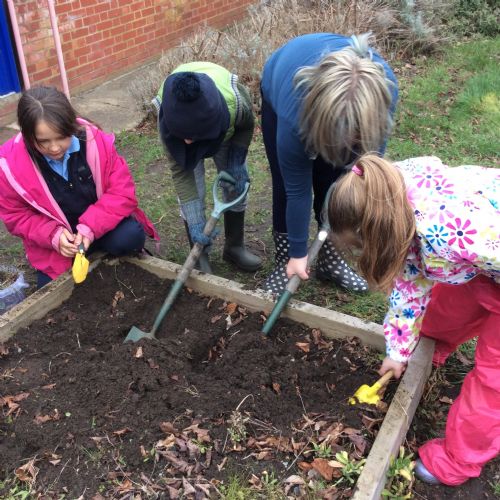
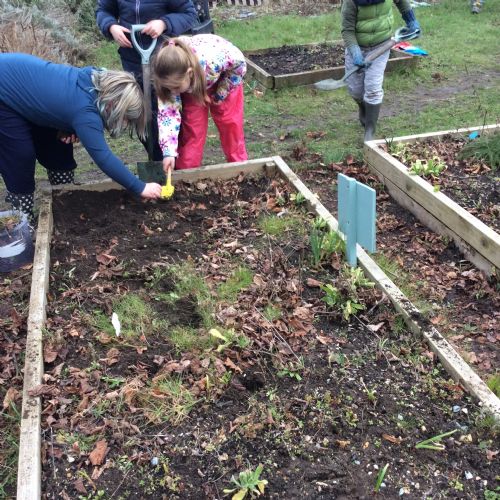
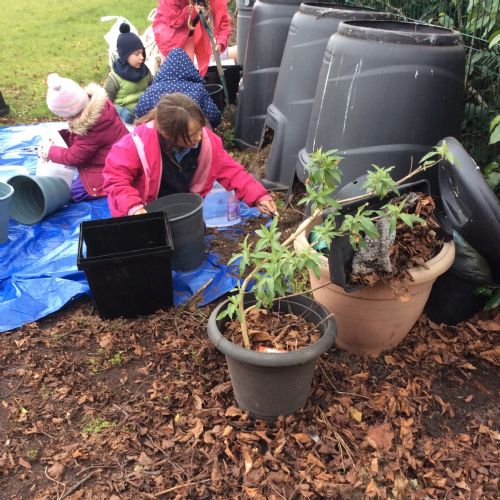
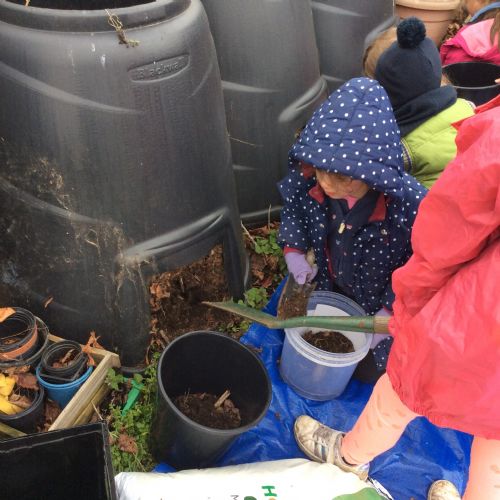
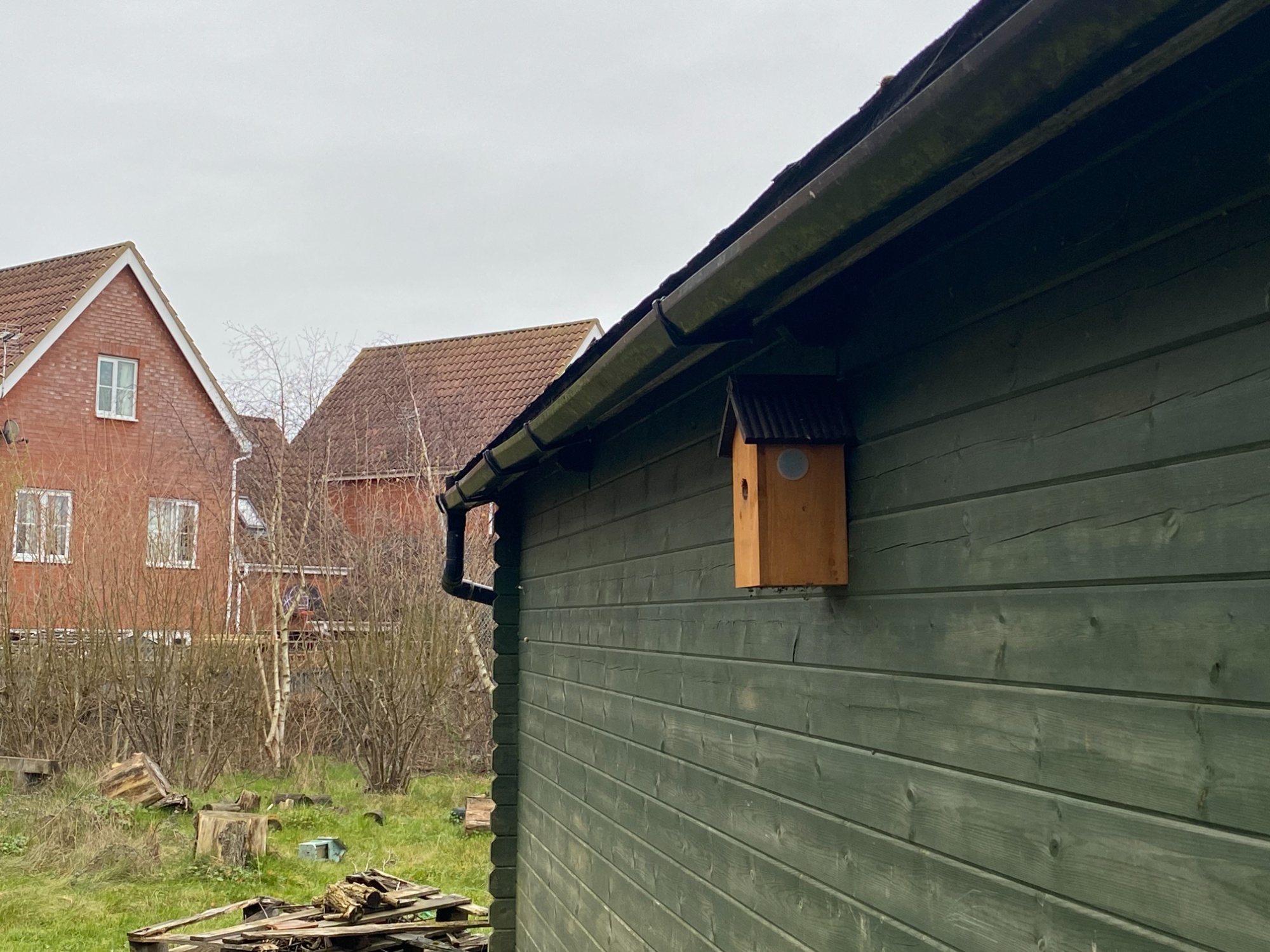
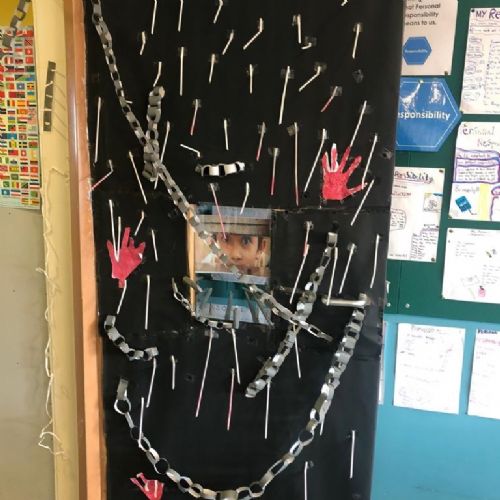
.jpeg)
.jpeg)
.jpeg)
